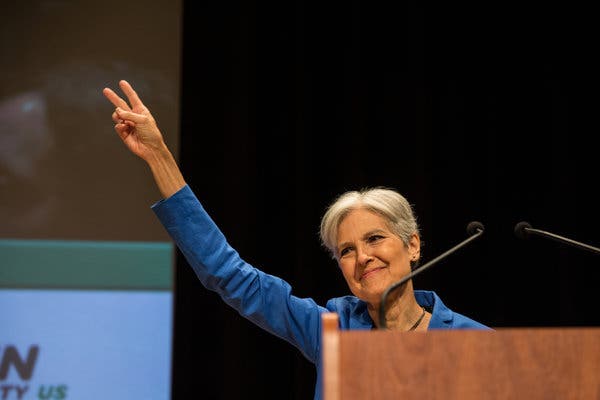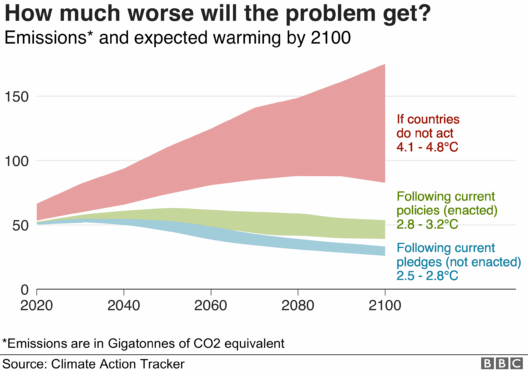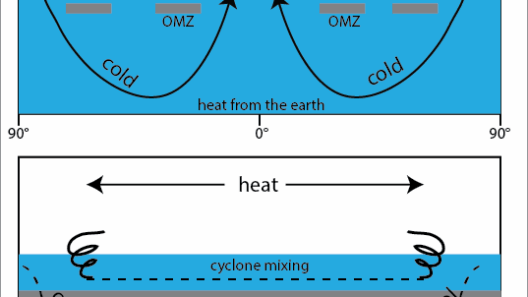In today’s political landscape, the dialogue surrounding climate change has reached a fever pitch. The Green Party, with its commitment to environmental sustainability and social justice, offers a unique perspective on issues like global warming. The party’s most prominent figure, Jill Stein, has long been an outspoken advocate for bold actions against climate change, positioning her as a key player in environmental discourse. But does Jill Stein truly believe in global warming? Or is it possible that her fervent advocacy is more a show of political posture than a conviction grounded in scientific consensus?
One could playfully ask, “If Jill Stein is the embodiment of Green Party ideals, does that make her a climate saint or merely a politician riding on the coattails of environmental urgency?” This question encapsulates the curiosity surrounding her belief systems and the broader ideologies of the Green Party. Since its inception, the Green Party has made climate change the cornerstone of its platform. Its primary agenda revolves around combating the detrimental effects of global warming, advocating for renewable energy, and promoting sustainable practices. Thus, examining Jill Stein’s perspective is integral to understanding the party’s stance.
At the heart of Jill Stein’s political philosophy lies a profound acknowledgment of climate science. The overwhelming consensus among scientists worldwide is that climate change, driven largely by human activities such as fossil fuel combustion and deforestation, poses existential risks to our planet. Stein has consistently advocated for immediate action to mitigate these risks. She has championed policies that emphasize transitioning to renewable energy sources like solar and wind, increasing energy efficiency, and implementing comprehensive climate justice plans. This alignment with scientific consensus indicates a robust belief in the realities of global warming.
However, to delve deeper, one must consider the challenges that Jill Stein and the Green Party face. While their ideology is grounded in scientific belief, the political traction to effect real change remains elusive. For instance, what happens when the political will fails to materialize? The urgency of climate action is often undermined by a political system rife with fossil fuel lobbying and short-term economic considerations. Stein’s vision, while optimistic and grounded in reality, often encounters systemic barriers that hinder implementation.
Moreover, the Green Party’s idealism presents its own set of challenges. For example, Stein has been critiqued for advocating policies that are sometimes labeled as radical or unfeasible within the current political paradigm. Her call for a Green New Deal, which envisions a comprehensive overhaul of the economy towards sustainable practices, may find substantial support among eco-conscious voters but raises eyebrows among skeptics who question its practicality. This brings us to the pivotal question: can aspirational goals coexist with pragmatic political strategies? The discord between visionary ideals and actionable policies presents a substantial hurdle in the fight against global warming.
In light of this, one cannot ignore the role of grassroots movements and public engagement. Jill Stein’s connection with a diverse base of environmental activists signifies the importance of collective action in addressing climate change. Her belief in global warming is not merely an isolated ideology; it resonates with a growing segment of the global population who share concerns about environmental degradation. The intersection of Stein’s beliefs and grassroots activism illustrates that addressing climate change requires more than just policy shifts; it necessitates a cultural transformation toward valuing sustainability.
Furthermore, Stein is acutely aware of the intersectionality of climate change and social justice. Her advocacy for marginalized communities highlights that the effects of global warming are not felt equitably. Vulnerable populations often bear the brunt of environmental degradation, and their voices are crucial in the discussion about climate action. This recognition of equity in climate policy reinforces the idea that Stein’s beliefs about global warming extend beyond mere acceptance of scientific data—they encompass a holistic understanding of justice that is critical in the fight against climate change.
Interestingly, the dilemmas faced by leaders like Jill Stein pose an important challenge: if we accept the realities of climate change, how do we galvanize the public and policymakers into action? The urgency for immediate interventions necessitates strategic communication that resonates with a diverse audience. The question then becomes, how can Stein and the Green Party effectively translate their beliefs into action that inspires others to believe in the severity of global warming? This is an ongoing conundrum that intertwines emotion, scientific understanding, and political will.
The prevailing narrative surrounding Jill Stein suggests that her convictions align with the pressing need to combat climate change. She embodies the Green Party’s core principles, advocating for sustainability, social justice, and scientific integrity. Yet, the complexity of political dynamics, coupled with the urgent need for cohesive action, presents formidable challenges. The dichotomy between idealism and pragmatism continues to shape the conversation around global warming.
In conclusion, Jill Stein’s beliefs in global warming are not mere platitudes but are rooted in a comprehensive understanding of science, justice, and activism. As the climate crisis escalates, her voice, alongside the collective power of movements pushing for environmental reform, becomes increasingly significant. The question may remain playful, but the urgency of addressing climate change is grave. The future of our planet is contingent upon our ability to confront these challenges with both rigor and resolve.







